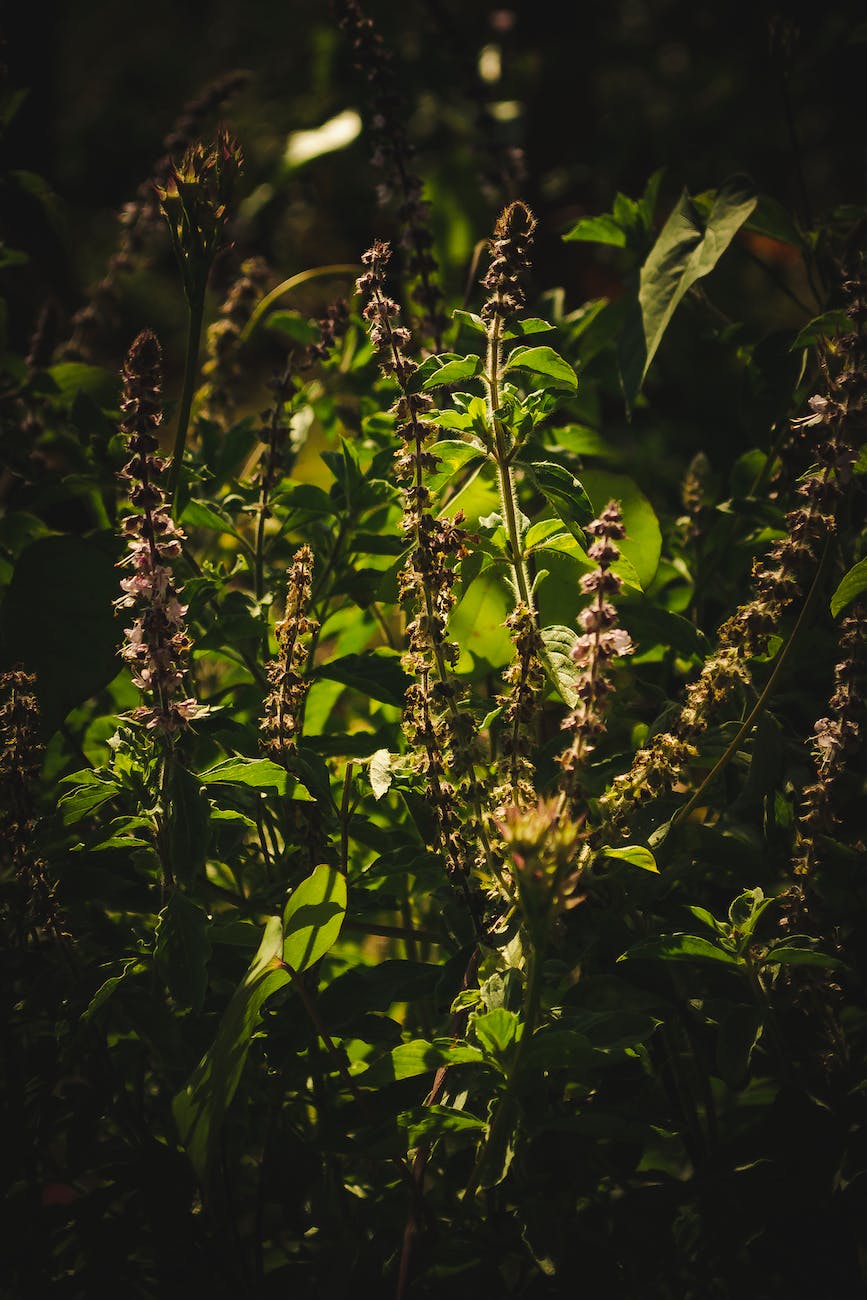
Introduction: 🌟 Subza seeds, also known as basil seeds or sabja seeds, have gained significant popularity for their exceptional nutritional value and potential health benefits. These tiny black seeds, derived from the sweet basil plant, have been used in traditional medicine for centuries. In this blog post, we will explore the comprehensive nutrition profile of subza seeds, delve into their potential health benefits, and provide creative ideas on how to incorporate these wonderful seeds into your daily diet.
Nutrition Profile of Subza or Basil Seeds: 🌱
Subza seeds are packed with essential nutrients that can contribute to your overall well-being. Let’s take a closer look at the key nutritional components found in subza seeds:
- Dietary Fiber: Subza seeds are a rich source of dietary fiber, which promotes healthy digestion, aids in weight management, and helps regulate blood sugar levels. Fiber also contributes to a feeling of fullness, supporting portion control and preventing overeating.
- Omega-3 Fatty Acids: These remarkable seeds contain omega-3 fatty acids, which play a crucial role in brain health, heart health, and reducing inflammation in the body. These healthy fats are beneficial for maintaining optimal overall health.
- Protein: Subza seeds offer a moderate amount of plant-based protein, making them a valuable addition to vegetarian and vegan diets. Protein is essential for building and repairing tissues, supporting muscle health, and maintaining a strong immune system.
- Vitamins and Minerals: Subza seeds provide an array of vitamins and minerals, including calcium, magnesium, iron, and vitamin K. These nutrients contribute to bone health, energy production, and proper blood clotting.
5 Health Benefits of Subza or Basil Seeds: 🌿
Incorporating subza seeds into your diet can offer a wide range of health benefits. Let’s explore some of the potential advantages of consuming these nutritious seeds:
- Digestive Health: The high fiber content of subza seeds supports healthy digestion, prevents constipation, and fosters a healthy gut microbiome. It aids in regular bowel movements and promotes overall digestive well-being.
- Weight Management: Subza seeds can be beneficial for weight management due to their fiber content, which promotes feelings of fullness and helps control appetite. Including subza seeds in your meals can assist in maintaining a healthy weight.
- Heart Health: The omega-3 fatty acids present in subza seeds contribute to heart health by reducing inflammation, improving blood flow, and supporting healthy cholesterol levels. These factors collectively reduce the risk of heart disease.
- Blood Sugar Regulation: The soluble fiber in subza seeds helps regulate blood sugar levels by slowing down the absorption of sugar into the bloodstream. This can be particularly beneficial for individuals with diabetes or those aiming to prevent blood sugar spikes.
- Hydration Support: When soaked in water, subza seeds develop a gel-like texture, which can help replenish fluids and electrolytes in the body. This makes them a fantastic addition to beverages, especially during hot summer months, aiding in hydration.
How to Eat Subza Seeds: 🍽️
Subza seeds can be enjoyed in numerous delightful ways. Here are some ideas to help you incorporate these nutritious seeds into your daily diet:
- Beverage Enhancer: Soak subza seeds in water for about 15 minutes until they develop a gel-like consistency. Add the soaked seeds to your favorite beverages, such as lemonade, fruit juices, or herbal teas, for a refreshing and nutritious twist.
- Puddings and Desserts: Incorporate soaked subza seeds into puddings, custards, or chia seed puddings to add a delightful texture and enhance the nutritional value of your desserts.
- Salads and Yogurt Parfaits: Sprinkle soaked subza seeds over salads or yogurt parfaits to add a crunchy element and enjoy their health benefits. They can provide an interesting texture and a subtle nutty flavor to your dishes.
- Smoothies: Blend soaked subza seeds into smoothies along with your favorite fruits, leafy greens, and a liquid of your choice. This will add a nutritional boost and create a thick and satisfying texture.
- Baking: Incorporate subza seeds into baked goods like muffins, bread, or energy bars for an extra nutritional punch. They can add a unique twist to your favorite recipes and provide added texture and flavor.
Conclusion: 🌈 Subza seeds are a versatile and nutritious addition to your diet, offering various health benefits for digestion, weight management, heart health, blood sugar regulation, and hydration support. By incorporating these tiny seeds into your meals and beverages, you can elevate the nutritional value of your dishes and enjoy their unique texture and flavor.
Join our vibrant community of food lovers at Eatlo Community to share your experiences, discover new recipes, and embrace a healthy and delicious lifestyle together.
🌱🌿









